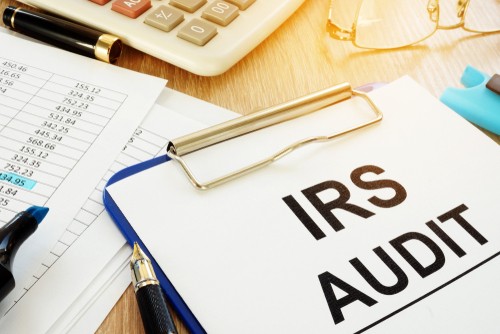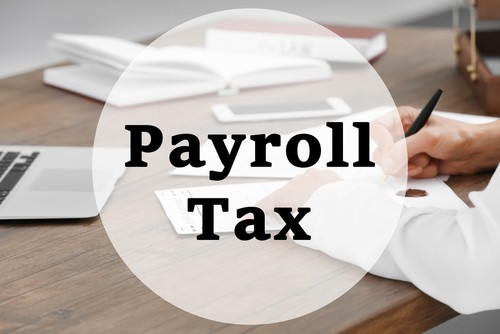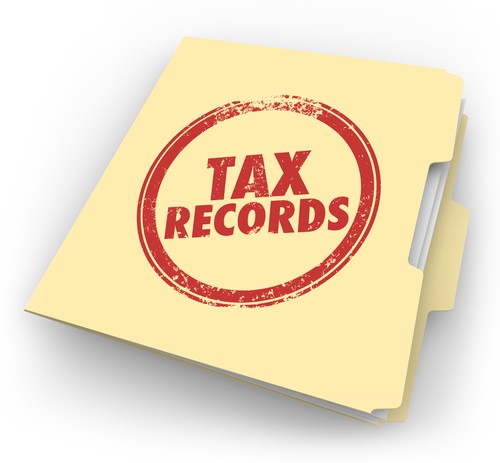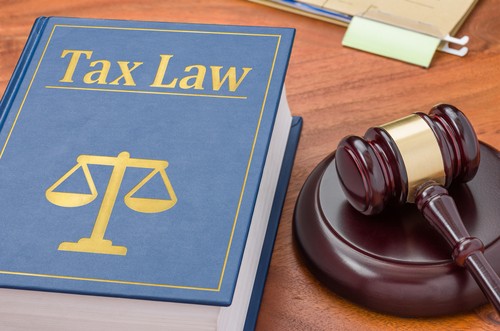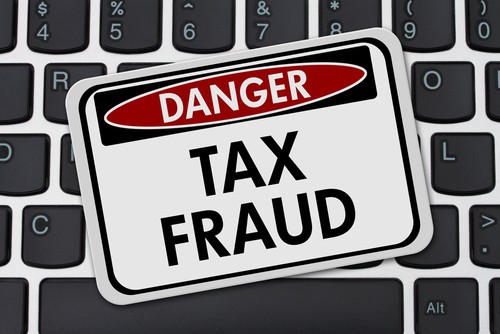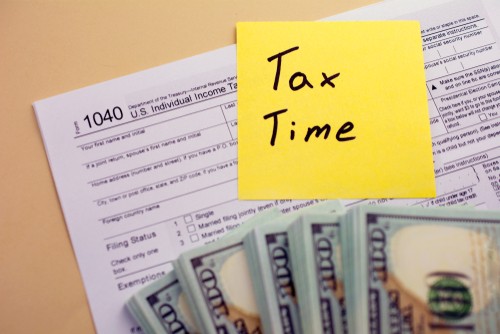How Recent IRS Staff Cuts Impact Consumers – Sodowsky Law Firm Can Help
How Recent IRS Staff Cuts Impact Consumers and How Sodowsky Law Firm in Fairfax, VA Can Help Recent reductions in staffing at the Internal Revenue Service (IRS) have introduced significant concerns for taxpayers, both individuals and businesses. With fewer personnel, the IRS faces substantial challenges in processing tax returns, resolving disputes, and delivering timely customer [...]


